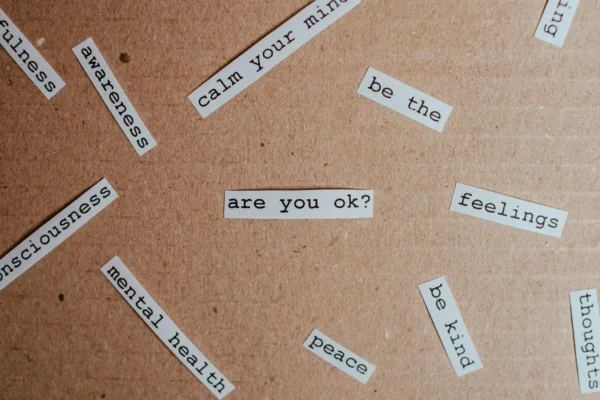On May 6, just after mental health awareness month began, the New York Times put a different theory into the spotlight: what if talking about mental health is bad?
Though the theory isn’t exactly brand new — it’s been around for at least a few years now in papers from 2022 and 2023 — reporters chose quite possibly the peak time of mental health awareness to crash in and break the news.
The theory is that talking too much about mental health, especially through awareness campaigns and adding mental health coursework into curricula, encourages self-labeling and ruminating over troubles.
Seeing mental health awareness as a bad thing is definitely a minority view, but there was more evidence for it than one might think. New York Times cited a number of studies showing that talking about mental health in schools and universities was actually causing more distress among young people, rather than less.
One such study done in British classrooms hypothesized that mindfulness training in classrooms would improve students’ mental health. The results, however, showed no support for that hypothesis.
Another study, done in Australia, also showed negative effects. Afterwards researchers guessed that coursework that used methods of cognitive behavioral therapy caused students to “co-ruminate” and actually “make things a little bit worse for each other.”
Still, the situation is a whole lot more nuanced than it might seem at first. And seeing only the headline “Are We Talking Too Much About Mental Health?” can introduce somewhat of a false dichotomy in people’s minds: talk about it, or don’t.
According to all of New York Times’ sources, these findings suggest not that society should go backwards on its understanding of mental health, but that it should slow down a little bit.
Wait until “we know the evidence base a bit more,” the main author of the Australian study told New York Times. Sometimes, he said, “doing nothing is better than doing something.”
Other research suggests that it’s not so much that we talk about mental health, but it’s how we talk about it.
A study published in January of this year had different groups of university students look at tweets showing a fixed mindset about mental health versus a growth mindset. In questionnaires afterward, those in the growth mindset group were less pessimistic about their ability to alleviate symptoms and recover.
The Hill discussed this in their show the Rising as well, in which they touched on a lot of prevalent societal ideas about mental health.
Hosts discussed various factors in rising mental health struggles such as medication, social media, self-labeling and some doctors’ tendency to diagnose normal feelings as something that needs treatment or medication. One very important issue that they landed on was that mental health needs to be seen as something young people can control.
Despite the overinflation that some schools and news stories give mental disorders, they still only affect about 12.5% of the world. That is probably the point that many teenagers and young adults are missing — disorders are not as common as they think, and they are something they can control.
– by Abbie Call
Feature image courtesy of Vie Studio.
*Updated June 4, 2024. A previous version said that those in the fixed mindset were less pessimistic. That has been corrected to those in the growth mindset.

Abbie Call – Cannonville/Kirksville, Missouri
Abbie Call is a journalist and editor at The Byway. She graduated in 2022 with a bachelor’s degree in editing and publishing from Brigham Young University. Her favorite topics to write about include anything local, Utah’s megadrought, and mental health and meaning in life. In her free time, she enjoys reading, hanging out with family, quilting and hiking.
Find Abbie on Threads @abbieb.call or contact her at abbiecall27@gmail.com.

